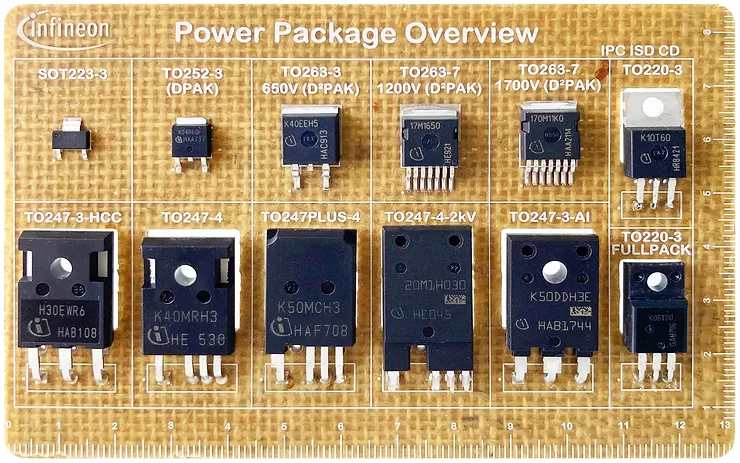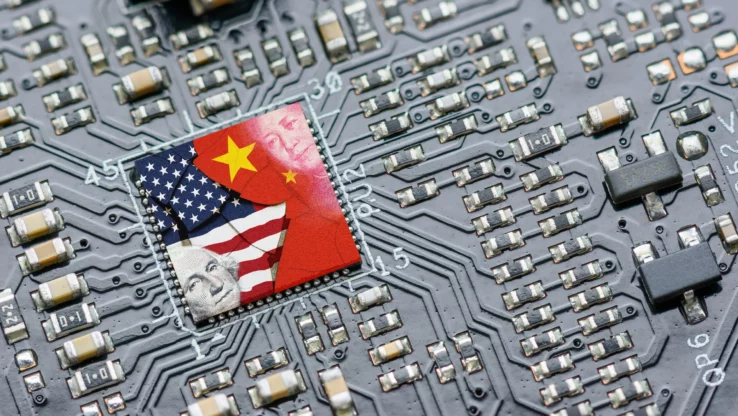Water-Soluble Circuit Boards: Tomorrow’s Green Tech?
7. November 2023
The demand for electronics is steadily increasing, making eco-friendly manufacturing approaches more crucial than ever. A German start-up may have achieved a breakthrough with innovations that significantly reduce the carbon footprint of circuit boards.
Essential components of numerous electronic devices, circuit boards are frequently overlooked as environmental culprits in the rapidly evolving electronics industry. Despite years of growing awareness surrounding greener alternatives, finding economically viable solutions has been challenging. Jiva Materials, a German start-up, may have introduced a game-changer with Soluboard. This innovative circuit board has, according to Jive Materials, the potential to cut the carbon footprint by a remarkable 60% compared to traditional products, potentially saving an estimated 10.5 kg of carbon and 620 g of plastic per square meter.
Traditional circuit boards are made of fiberglass and resin – materials that are energy-intensive to produce and problematic to dispose of. In contrast, Soluboard is composed of natural fibers and a special polymer that dissolves in hot water, opening up new possibilities for recycling and significantly reducing environmental impact.
A breakthrough in circuit board technology!
Major players in the electronics industry have quickly recognized Soluboard’s potential and one leading semiconductor manufacturer, Infineon Technologies, has already integrated Soluboard into its lineup. Andreas Kopp, Head of Product Management Discretes at Infineon, highlights that Soluboard brings both ecological and economic advantages. Jonathan Swanston, CEO and co-founder of Jiva Materials, envisions his product as not merely a stride towards environmental conservation but also a means for companies to efficiently reclaim valuable metals.
Sustainability through Innovation
The electronics industry stands at a pivotal juncture. The escalating demand for technologies such as semiconductors has cast a spotlight on their environmental impact. Soluboard could herald the onset of a wave of innovations that prioritize climate considerations, potentially steering the industry towards a more sustainable and responsible future.


